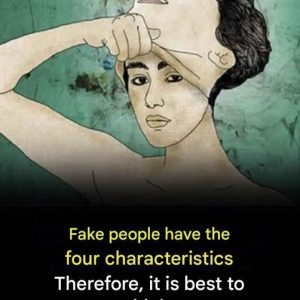On September 10, 2025, Charlie Kirk — co‑founder and leader of Turning Point USA (TPUSA) — was fatally shot while speaking at a campus event at Utah Valley University (UVU) in Orem, Utah. The event, part of his “American Comeback Tour,” was billed as a public debate session and reportedly drew about 3,000 attendees. According to accounts, shortly after beginning a question-answer segment on mass shootings and social issues, Kirk was struck by a single bullet to the neck. He was rushed to hospital, but later died from his injuries — an event that stunned participants, drew immediate panic on campus, and rapidly made national headlines.
In the days that followed, a suspect was identified and arrested. According to public reports, the accused gunman is 22‑year-old Tyler James Robinson, who was taken into custody shortly after the shooting. Authorities charged him with aggravated murder and multiple related offenses. Meanwhile, the tragedy triggered widespread shock and condemnation from across the political spectrum. Officials described the killing as a political assassination, calling attention to concerns over rising political violence and the risks facing public figures — especially those who, like Kirk, were outspoken and polarizing.
But just two days before the assassination — on September 8 — Jezebel had published a provocative article titled roughly “We Paid Some Etsy Witches to Curse Charlie Kirk.” In that piece, the author claimed to have hired witches from an online marketplace to cast symbolic “hexes” or curses on Kirk. The article employed witchcraft‑inspired motifs and described minor symbolic mischief (e.g., curses intended to mess up clothing or cause harmless inconvenience), but not physical harm. Jezebel later added an editor’s note condemning the shooting and removed the article after public backlash, asserting the piece was not meant to advocate violence. Nevertheless, the timing — so close to a real, fatal act of violence — triggered intense scrutiny and outrage. Critics argued that even symbolic expressions of hostility toward a public figure could contribute to a toxic, dehumanizing environment that makes real-world violence more likely.
In the wake of Kirk’s death, Erika Kirk stepped forward publicly, offering candid insight into the personal and emotional toll the events had taken on her and their family. According to a recent interview with broadcaster Megyn Kelly, Erika revealed that the Jezebel article had deeply rattled her and her husband — so much that in the final days before the event they reportedly turned to their faith community and prayed for protection. Her account painted a picture of fear and anxiety compounded by the high stakes of their public activism and the increasingly polarized political environment. That emotional trauma, combined with grief from the loss of her husband, has drawn empathy and support — not only from conservative circles but also from people across the political spectrum who recognize the human cost of political violence and inflammatory rhetoric.
The broader implications of the tragedy — and the surrounding media controversy — have sparked a renewed debate about media responsibility, free speech, and the ethical limits of satire. Many commentators now argue that publications and public‑facing figures have a duty to weigh the potential consequences of provocative or dehumanizing content — especially in a moment when political tensions are high and violence is not purely hypothetical. The Jezebel episode, followed by Kirk’s assassination, became a cautionary tale: symbolic curses or aggressive rhetoric, even when framed as satire, may contribute to an atmosphere in which real violence becomes less shocking to some or more thinkable for others. On the other hand, defenders of free expression warn against using tragic outcomes to retroactively censor or criminalize controversial speech.
Ultimately, Erika Kirk’s public reflections — born of grief, pain, and loss — have transformed a deeply personal tragedy into a powerful plea for compassion, dignity, and accountability in public discourse. Her willingness to share her family’s emotional journey emphasizes that behind every headline, there are real people whose lives are forever changed. The episode underscores a critical message: when political activism, media provocations, and public visibility intersect, the cost can be deeply human — extending far beyond the ideals, ideologies, or controversies that initially brought someone to prominence.




